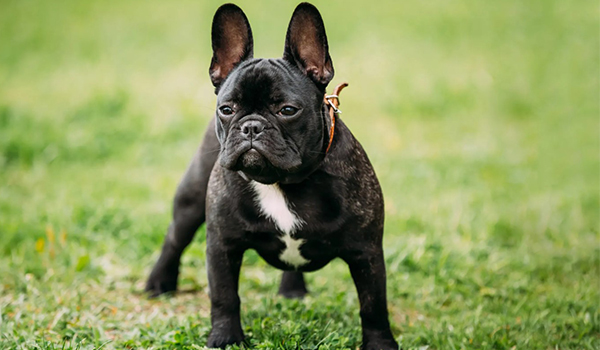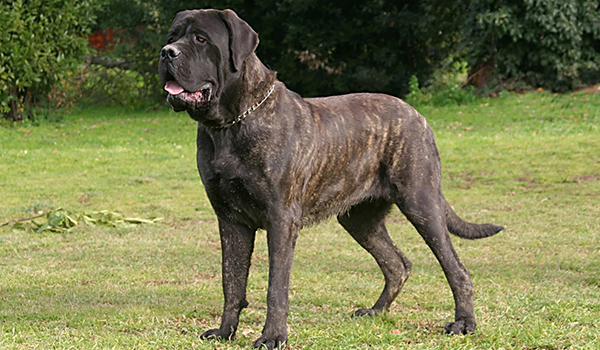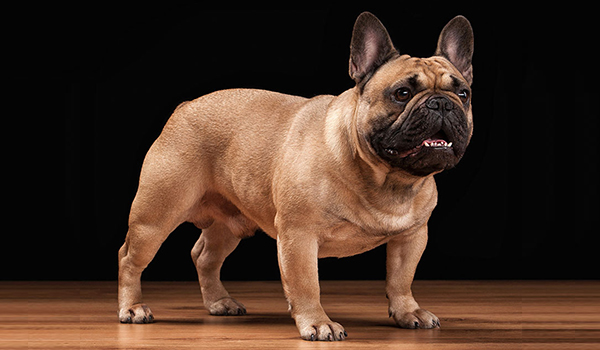
The Golden Retriever is more than just a popular dog breed; it is an icon of canine loyalty, intelligence, and family-friendly companionship. With their lustrous golden coat, warm eyes, and perpetually wagging tail, they embody a joyful and gentle spirit. Consistently ranked among the most popular breeds in the United States, they are renowned as superb family pets, service dogs, and skilled workers.
However, their wonderful reputation means many people get them without understanding their specific needs. This comprehensive guide will explore the reality of life with a Golden to help you decide if this active, people-loving breed is the right fit for your home and lifestyle.
Breed Overview
- Group: Sporting
- Height: 21.5 – 24 inches (at the shoulder)
- Weight: 55 – 75 pounds
- Life Span: 10 – 12 years
- Coat: A dense, water-repellent double coat with a rich, golden-colored outer coat and a soft undercoat. The coat can be straight or wavy and features feathering on the neck, legs, and tail.
A Brief History: Bred for a Purpose
The Golden Retriever was developed in the Scottish Highlands in the mid-19th century by Lord Tweedmouth. He wanted to create the ultimate retriever for the rugged terrain and wet climate of the area—a dog that was gentle-mouthed with birds, intelligent, and had a steadfast desire to please.
The breed was founded by crossbreeding a yellow Wavy-Coated Retriever with a Tweed Water Spaniel (now extinct), and later infusions of Bloodhound, Irish Setter, and more Black Retriever. This mix resulted in a dog with an exceptional nose, a soft mouth, a love of water, and an unbeatable temperament. They were recognized by the AKC in 1925 and quickly won the hearts of families worldwide.

The Golden Retriever Temperament: The Heart of Gold
The breed’s name is a perfect description of its character. A well-bred Golden Retriever is the quintessential friendly, intelligent, and devoted family dog.
- Friendly, Trustworthy & Kind: Goldens are famously good-natured. They are typically outgoing with everyone they meet—strangers, children, and other animals. They are not guard dogs; they are more likely to greet an intruder with a wagging tail.
- Intelligent & Eager to Please: Ranked among the smartest dog breeds, they are highly trainable and excel in obedience, agility, and as service and therapy dogs. They thrive on having a job to do and pleasing their people.
- Playful & Energetic: They retain a puppy-like playfulness well into adulthood. They are active dogs that require regular, vigorous exercise to be happy and well-behaved.
- Patient & Gentle: Their gentle mouth, inherited from their retrieving days, translates into a patient and tolerant nature with children, making them one of the top recommended family breeds.
- Devoted & People-Oriented: They are true “velcro dogs” that form strong bonds with their families and hate to be left alone for long periods. They want to be involved in all activities.
Caring for Your Golden Retriever
Exercise: An Active Lifestyle is a Must
A bored or under-exercised Golden will become destructive, often resorting to chewing or digging.
- Daily Requirements: Aim for at least 60-90 minutes of vigorous exercise daily. This should include:
- Physical Exercise: Long walks, runs, hikes, and especially swimming—a activity they naturally adore.
- Fetch & Retrieval: Playing fetch satisfies their innate retrieving instincts and is excellent exercise.
- Mental Stimulation: Training sessions, puzzle toys, and nose work games are essential to tire their intelligent minds.
Grooming: A Commitment to the Coat
That beautiful golden coat is high-maintenance and sheds—a lot. They “blow” their undercoat heavily twice a year.
- Brushing: Brush 2-3 times a week with a slicker brush and an undercoat rake to prevent mats, remove loose hair, and distribute skin oils. Daily brushing is recommended during shedding season.
- Bathing: Bathe every month or two, or as needed. Their water-resistant coat can trap dirt and odor.
- Other Needs: Regular ear cleaning (their floppy ears are prone to infection), nail trimming, and teeth brushing. Pay special attention to drying their thick coat after swimming to prevent hot spots.

Training: A Joyful Endeavor
Thanks to their intelligence and desire to please, Goldens are typically a joy to train. They respond excellently to positive reinforcement methods.
- Start Early: Begin socialization and puppy training classes as soon as possible. Expose them to various people, places, sounds, and other animals.
- Be Consistent: Their enthusiasm can lead to jumping up and mouthing as puppies. Consistent training on manners and bite inhibition is essential.
- Channel Their Energy: Use training as a form of mental exercise. Teach them new tricks, engage in dog sports, or try nose work games. They are excellent candidates for Canine Good Citizen (CGC) certification.
Health: What to Be Aware Of
Golden Retrievers are generally healthy, but like all purebreds, they are prone to certain genetic conditions. Responsible breeders test for these.
- Hip and Elbow Dysplasia: A common skeletal condition that can lead to arthritis and pain.
- Certain Cancers: Goldens have a higher-than-average incidence of certain cancers, such as hemangiosarcoma and lymphoma. This is the leading cause of death in the breed.
- Heart Conditions: Particularly subvalvular aortic stenosis (SAS).
- Eye Conditions: Cataracts and progressive retinal atrophy (PRA).
- Skin Conditions: Allergies and hot spots can be common.
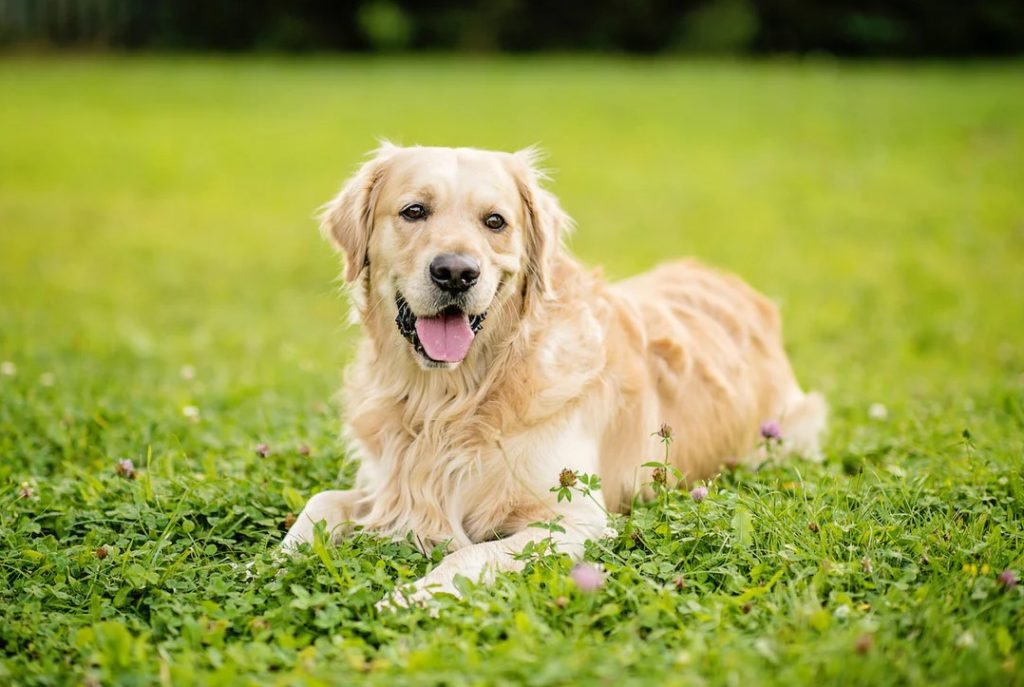
Is a Golden Retriever Right For You?
A Golden Retriever might be your perfect match if you:
- Lead an active, outdoor-oriented lifestyle.
- Want a trainable, versatile dog for activities, sports, or service work.
- Have a family and want a gentle, patient playmate for children.
- Have time for daily exercise and don’t mind a little (or a lot of) dog hair.
- Want a friendly, social dog that loves everyone.
You might want to reconsider if you:
- Prefer a low-energy, couch potato breed.
- Are away from home for long hours regularly (they are prone to separation anxiety).
- Desire a pristine, hair-free home.
- Want a protective guard dog.
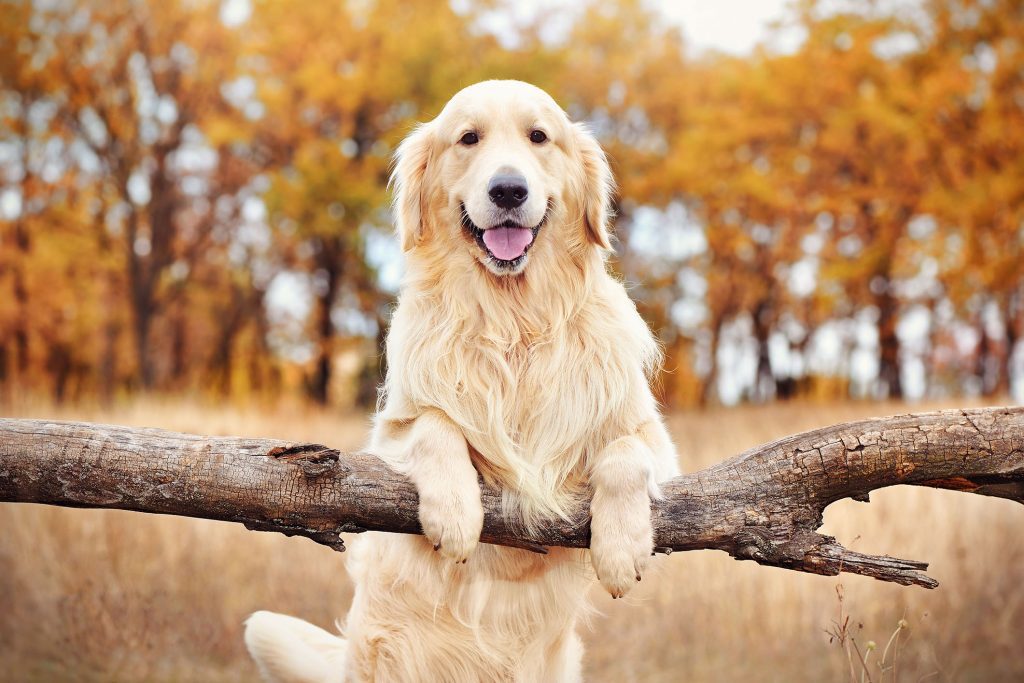
Finding Your Golden Retriever
- Reputable Breeders: This is the most important step. A responsible breeder will:
- Health Test: Provide OFA certifications for hips and elbows, heart clearances from a cardiologist, and eye clearances from a veterinary ophthalmologist. They should be transparent about cancer in their lines.
- Focus on Temperament: Breed for the stable, friendly temperament the breed is known for.
- Ask You Questions: A good breeder will interview you thoroughly to ensure you are a good fit for one of their puppies.
- Rescue & Shelters: Don’t overlook breed-specific Golden Retriever rescues or your local shelter. Many wonderful Goldens of all ages are in need of a second chance due to owners being unprepared for their energy or size.
Understanding the Cost: The initial purchase price from a reputable breeder in the U.S. is typically $1,500 to $3,000+ due to the extensive health testing involved. However, prospective owners must budget for significant ongoing costs, including high-quality food, routine veterinary care, grooming, and potential treatment for health issues. Pet insurance is highly recommended for this breed.
Bringing a Golden Retriever into your life means committing to an active, loyal, and loving companion. With the right preparation, exercise, and training, you will gain a best friend whose sunny disposition and unwavering devotion will fill your days with joy and adventure for years to come.

